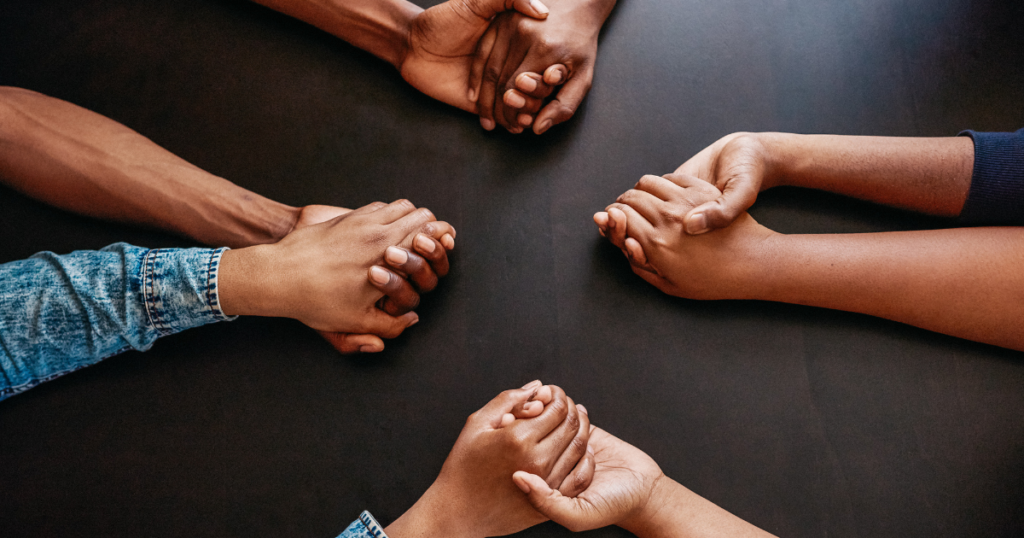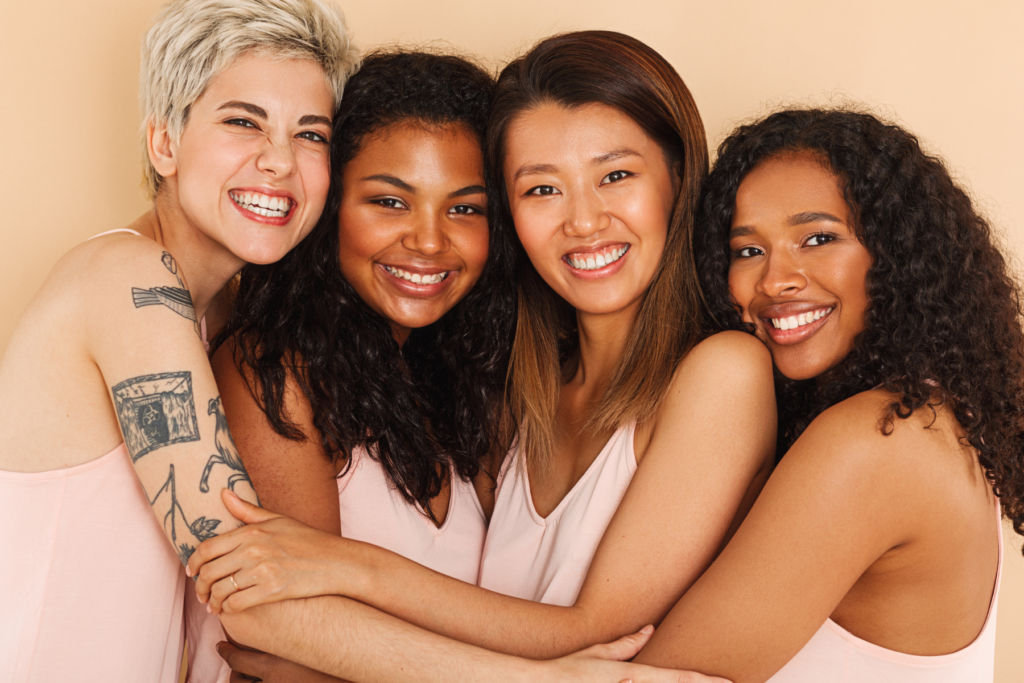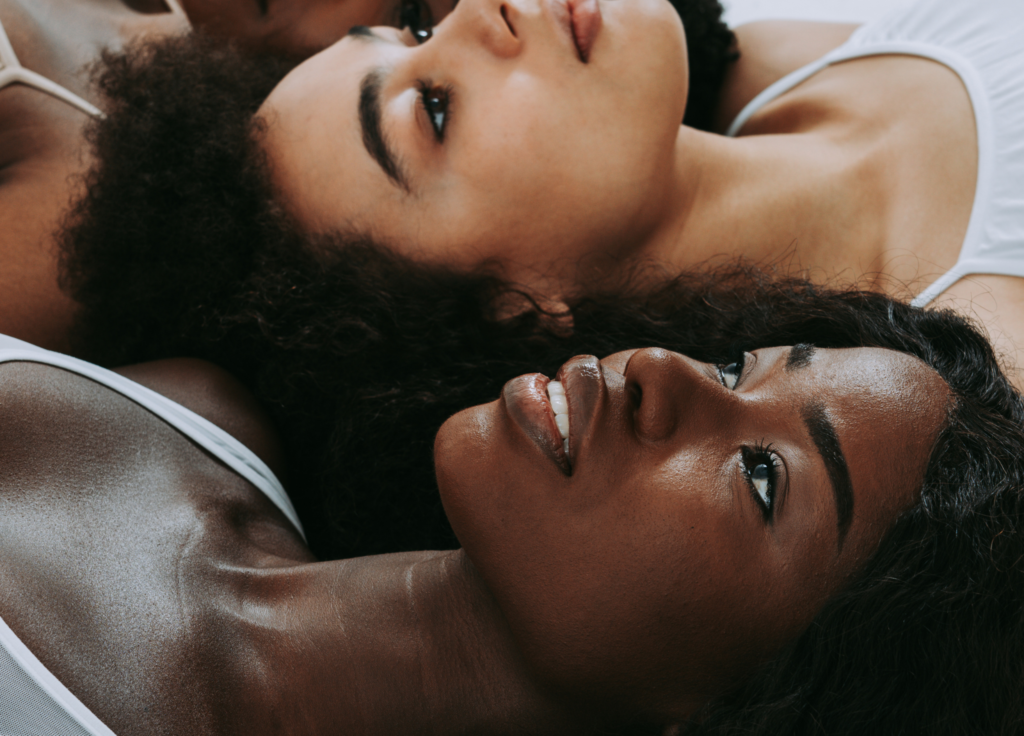Emotional support for uterine fibroid sufferers may be hard to come by, a study shows.
Fibroids can produce emotional as well as physical symptoms
Uterine fibroids affect a large percentage of women who are older than 45, especially African American women.
Fibroids symptoms — pain, excessive bleeding, bloating, painful intercourse — can be uncomfortable and even debilitating. Secondary symptoms such as interrupted sleep and anemia alone can lead to lack of energy from depression as women become just too tired to accomplish everyday activities. Further, all of these symptoms can cause great stress in a relationship.
For some women, it seems as if fibroids can potentially take over their life.
Study shows a lack of emotional support
What’s worse, many women don’t get much emotional support for their fibroid suffering.
At at annual meeting of American Society for Reproductive Medicine in 2014, two studies were presented that give a glimpse into the emotional struggles faced by women who suffer from uterine fibroids. These studies assessed 48 women from an urban medical center and community organizations.
Each woman filled out questionnaires and then underwent a one-on-one interview regarding their emotional responses to having uterine fibroids. The patients were African American (62.5%), Caucasian (20.8%), Hispanic (10.4%), or Asian (6.3%). Most of them held a four-year degree and had similar annual incomes and education.
The first study found that most of the women experienced negative emotions surrounding uterine fibroids. In particular, they felt things such as worry, fear, anxiety, and depression in response to having fibroids in the uterus. Some symptoms of fibroids, such as heavy periods, also led many of the women to report feeling out of control. And, for many women, emotional struggles included low self-esteem due to feeling overweight, looking pregnant, and feeling unattractive. These emotional responses to fibroids made it difficult for many women to enjoy intimacy with their partners.
In addition to identifying these emotional struggles, the first study found that there was little support to help women navigate their feelings. For example, only 2 percent of participants sought help from a professional.
Lack of knowledge furthers the fibroid problem
The second study focused on the different fibroid experiences among women of different ethnicities.
For example, while 90 percent of all participants reported feeling as if they had not been made aware of all their treatment options.
In addition, African American women were more interested in non-surgical treatment options and guaranteed success. In addition, African American women who did undergo fibroid surgery were more likely to be unhappy with their choice and to struggle with recovery. This is significant because African American women are several times more likely to experience severe fibroid symptoms.
Very few respondents were aware of minimally invasive treatments like uterine fibroid embolization (UFE). UFE has significant advantages over traditional major surgical treatments (hysterectomy and myomectomy), including less risk and shorter recovery time and high success rate.
The studies cited above highlight the need for more education and mental health support for women with uterine fibroids and fibroid pain that might help these women achieve both physical and mental wellness.
You don’t have to suffer physically or emotionally
We at Viva Eve are fibroid experts and specialists in UFE. We provide high-quality, personalized care for every patient and will partner with you to determine the best way to treat your problematic symptoms. We’ll help get you back to your pre-fibroid life and emotional vitality.



